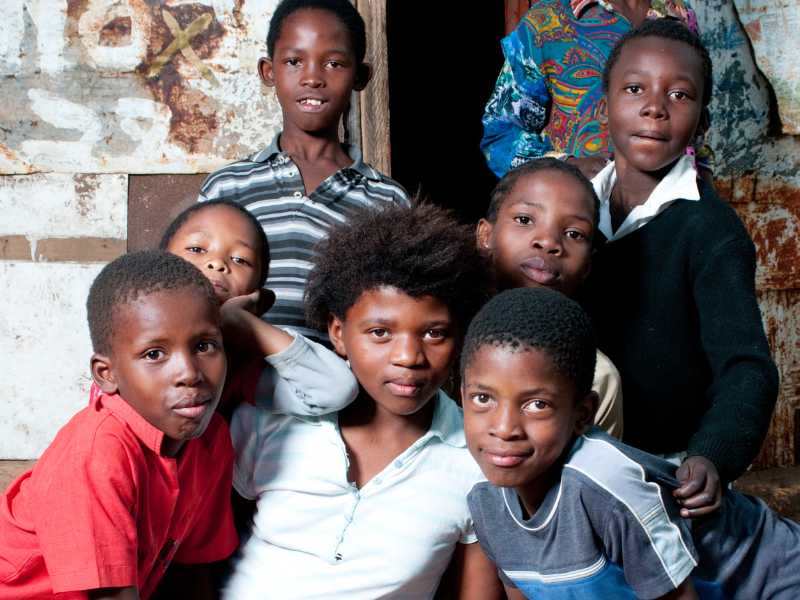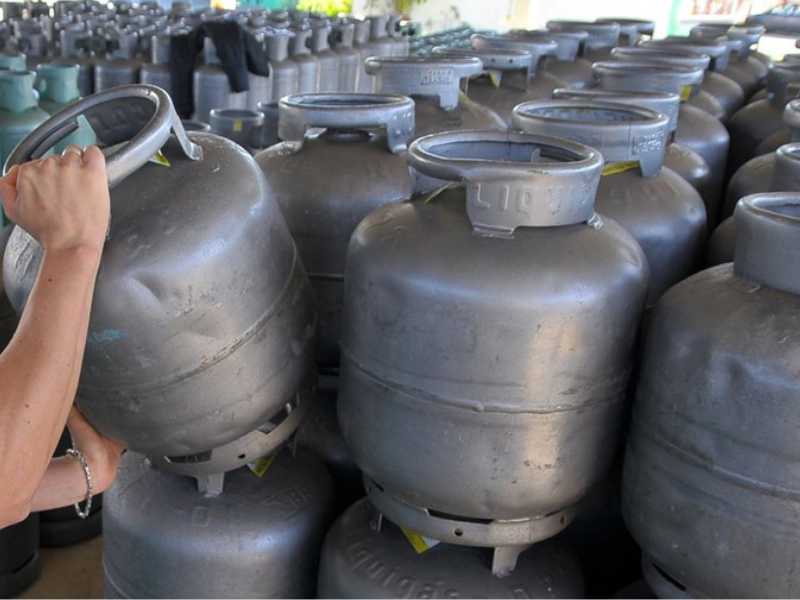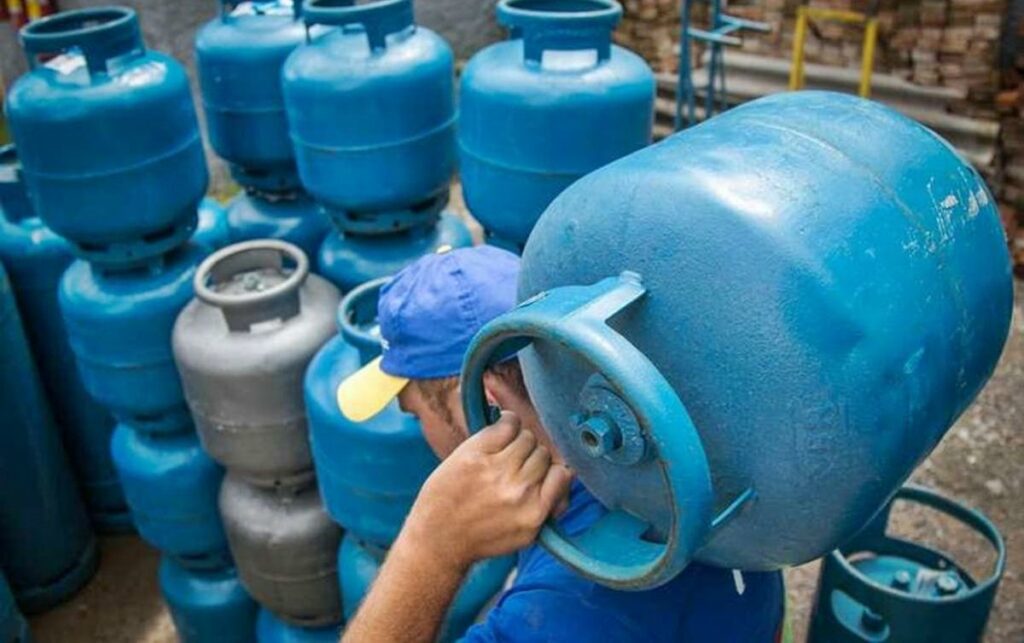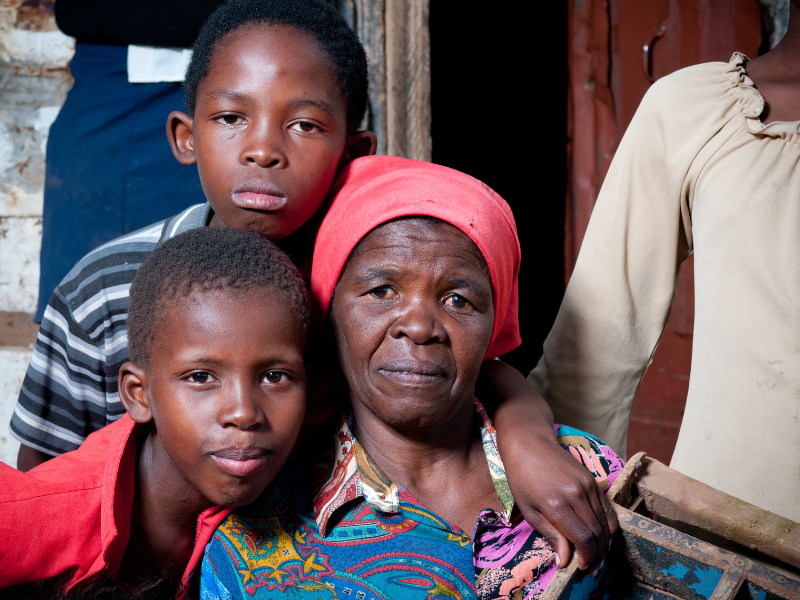Advertisements
See the recent updates on the proposal approved by the Chamber of Deputies on October 4th. On October 4th, a Wednesday, the Chamber of Deputies approved the bill that addresses the creation of the program to combat the waiting list at the National Institute of Social Security (INSS).
The document therefore proposes the disbursement of a bonus to employees in order to increase the volume of services and speed up the review of documents.
The proposal was given the green light despite facing resistance from the opposition and the ruralist bloc. In other words, both were seeking to delay discussion of the matter in Congress due to recent decisions by the Supreme Federal Court (STF).
Advertisements
Read also: New Citizen Program of the R$ 800 scholarship
The next step, then, is to send the proposal for analysis by the Federal Senate.
Advertisements
What is the content of the proposal regarding the INSS queue?
To implement the program that aims to reduce the INSS waiting list, the Federal Government needs an investment of approximately R$130 million.
Another issue addressed is the regulation of telemedicine in Social Security. In this way, it will serve as a resource to facilitate the delivery of documents required for benefit and insurance claims.
Furthermore, the proposal includes:
- Salary increase for military police and firefighters in the Federal District;
- Establishment of a quota system for indigenous people in competitions held by the National Foundation for Indigenous Peoples (Funai).
During the deliberation, Congresswoman Erika Kokay expressed support for the proposal and expressed dissatisfaction with the INSS waiting list. According to the parliamentarian, the current situation is the result of actions by the previous government.
Erika also highlighted the importance of granting a salary increase to the DF security forces as a form of recognition.
On the other hand, deputy Carlos Jordy described the proposal as a “varied mix”, as it covers different themes in a single document.
“This is a project that, when trying to solve one issue [INSS queue], introduces other challenges,” pointed out the deputy.
History of the proposal among parliamentarians
The government has already submitted this issue to the National Congress on another occasion.
However, at that time, the proposal came in the form of a Provisional Measure (MP) – with immediate effect, but which requires parliamentary approval within four months to become law.
However, after insistence from the Speaker of the Chamber of Deputies, Arthur Lira, the government decided to resubmit the issue as a bill. Lira has been asking the Executive Branch to reduce the use of provisional measures, given the intense debate on this legislative modality in the Senate and the Chamber of Deputies.
Read also: Recovering Forgotten Amounts at the Central Bank: a guide for heirs
The reason for this is that the Constitution provides that provisional measures must be approved by a joint committee of deputies and senators.
However, in the context of social distancing due to the Covid-19 pandemic, the MPs began to be debated directly in the plenary, first in the Chamber and then in the Senate.
In this scenario, Lira wants to maintain this methodology, but faces resistance from Rodrigo Pacheco, president of the Senate.
Bonus for INSS employees
The INSS queue reduction program proposes the payment of bonuses to civil servants and medical experts.
The intention is to speed up the assessment and procedure of:
- Processes with a waiting time of more than 45 days;
- Medical evaluations stagnant for more than 30 days.
The bonus for those who work beyond office hours will follow a table relating to the completion of processes or services:
- R$ 68 per service to reduce the INSS queue;
- R$ 75 by federal medical evaluation.
According to the project, around 46 thousand medical and dental procedures await completion at Social Security.
According to the Minister of Social Security, Carlos Lupi, the INSS has around 1.65 million requests for benefits.
pending requests. He also mentioned that in January, approximately 1.8 million requests were identified.
Lupi believes that, with the approval of this project, it is expected that, by the end of the year, all requests will fall within the maximum legal period of 45 days.
Lupi also highlighted the increase in requests for new insurance and benefits at the institute. He mentioned that, in August, the INSS received around 1 million requests.
Adjustment for DF security forces
The project approved by the Chamber provides for a salary adjustment of 18% for police officers and firefighters in the Federal District.
Furthermore, it proposes changes to Funai positions, highlighting the creation of a quota of 10% to 30% for indigenous people in the next competitions.
The bill also extends the term for temporary hiring for indigenous health and environmental protection actions to four years, with the possibility of extension, but not exceeding five years in total.
The text still preserves a clause that has been the target of criticism, which determines that workers on indigenous lands only have half of the days worked as rest.
The Senate will now evaluate the bill. If the senators approve it, it will be sent for presidential approval or veto. After all legislative steps are completed, the new rule will come into effect, with the expectation of reducing the waiting list for INSS.
























